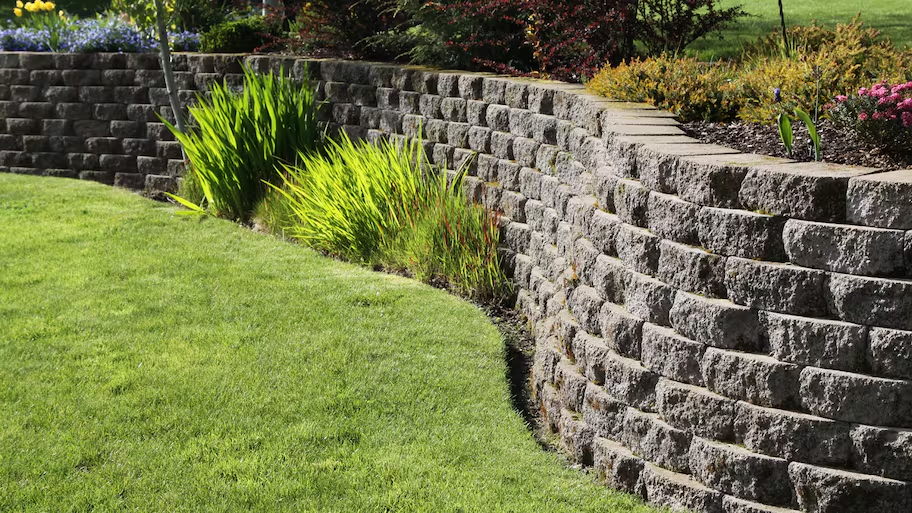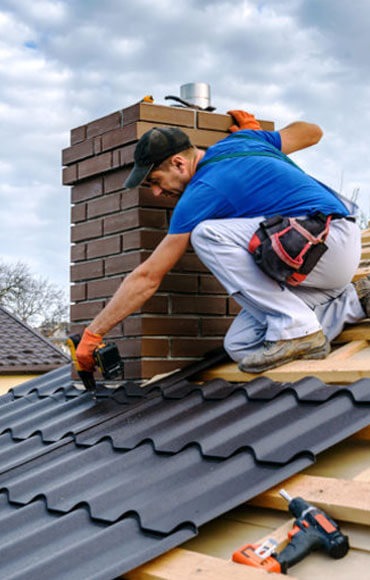

Retaining walls are designed to hold back soil or earth on sloped terrain, such as hills or mountains. They help prevent erosion and landslides, which can cause significant damage or even fatalities. Constructed from materials like cement, stone, or concrete, these walls are built to withstand the pressure of the earth behind them. Retaining walls are crucial for stabilizing land, making it safe for use in residential, commercial, or recreational areas without the risk of landslides or mudslides. Often, they are used to create level surfaces for new construction projects.
There are several types of retaining walls, each with its own unique applications, advantages, and limitations.
One common type is the gravity wall, which stands on its own without additional support from below. Gravity walls work by pulling soil downward to counteract the force of gravity. They are particularly useful in areas with poor drainage or high water tables and are effective for creating stable walkways or patios. However, they may not be the best option for sites that require quick access in emergencies.
Another type is the cantilever wall, which is ideal for dealing with steep inclines. Cantilever walls extend beyond the top of the existing ground level and can also serve as decorative elements in landscaping designs. However, they do not rely on gravity for support, making them less suitable if functionality is a primary concern.
A newer option is the engineered retaining wall, which uses advanced materials different from traditional masonry like stone or brick. These walls are lighter and easier to install, making them a good choice for locations with heavy traffic.
Each type of retaining wall has its own set of benefits and is best suited for specific conditions and needs.
Cost is a significant factor when considering the construction of a retaining wall, but estimating the price can be challenging. When hiring a professional to build a retaining wall, they will typically provide an estimate. However, the final cost depends on factors such as the wall's size, location, and the materials used.
On average, a small residential retaining wall costs between $1 and $2 per square foot. For larger residential walls, the cost can exceed $10 per square foot. Variations in cost can occur based on the proximity of your house to the property line, the amount of earth that needs to be moved, and the type of soil involved.
Additionally, if you’re building a retaining wall in an area without a previous structure to retain the earth, you might need extra materials such as geogrid or geocell to stabilize the wall. These materials help prevent soil erosion and collapse, especially in regions prone to heavy rains and high winds.

